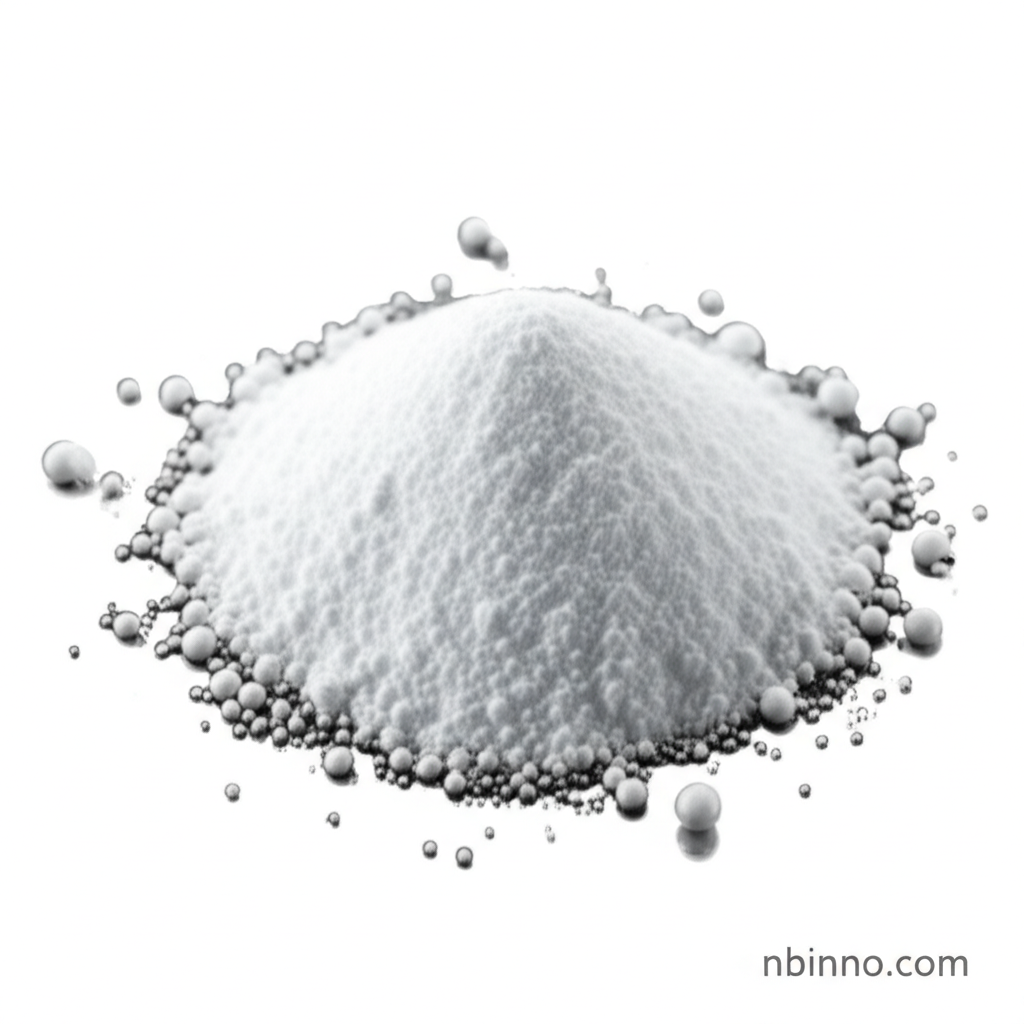Cesium Carbonate 534-17-8: A Versatile Inorganic Base for Advanced Organic Synthesis and Industrial Applications
Discover the exceptional properties and diverse applications of Cesium Carbonate, a key chemical for innovation.
Get a Quote & SampleProduct Core Value

Cesium Carbonate
Cesium Carbonate (CAS 534-17-8) is a high-purity, white crystalline powder renowned for its efficacy as a mild inorganic base in a wide array of organic synthesis applications. Its unique chemical properties make it an indispensable reagent for complex chemical transformations, including alkylation and arylation reactions, where it promotes selectivity and yield.
- Leveraging Cesium Carbonate applications in organic synthesis, chemists can achieve precise control over challenging reactions like N-alkylation and O-alkylation, minimizing unwanted side products.
- Explore the benefits of using Cesium Carbonate as a catalyst for reactions such as carbonylation of alcohols and carbamination of amines, enabling more efficient and greener chemical processes.
- Understand the critical role of this chemical reagent in enhancing solar cell efficiency, where it acts as an interlayer to improve electron transfer and overall device performance.
- The high purity of Cesium Carbonate ensures reliability and reproducibility in sensitive chemical analyses and advanced material development.
Key Advantages
Exceptional Basicity
As a mild inorganic base, Cesium Carbonate facilitates sensitive organic reactions, offering a superior alternative to stronger bases and leading to better buy cesium carbonate outcomes.
Versatile Catalytic Role
Its catalytic activity extends to various transformations, making it a valuable component for improving chemical yields and reaction rates, particularly in transition metal-catalyzed reactions.
Enhanced Material Performance
When used in advanced materials like solar cells, Cesium Carbonate directly contributes to improved power conversion efficiency and device stability, a key factor for innovation.
Key Applications
Organic Synthesis
Crucial for N-alkylation, O-alkylation, C-C and C-N cross-coupling reactions, contributing to the synthesis of complex organic molecules.
Solar Cell Technology
Improves photovoltaic device efficiency by enhancing electron transfer and reducing series resistance.
Catalysis
Acts as a catalyst in various reactions, including the synthesis of alkyl aryl ethers and oxidation of alcohols.
Industrial Chemicals
Used in the production of special optical glasses, petroleum catalytic additives, and ceramics.
